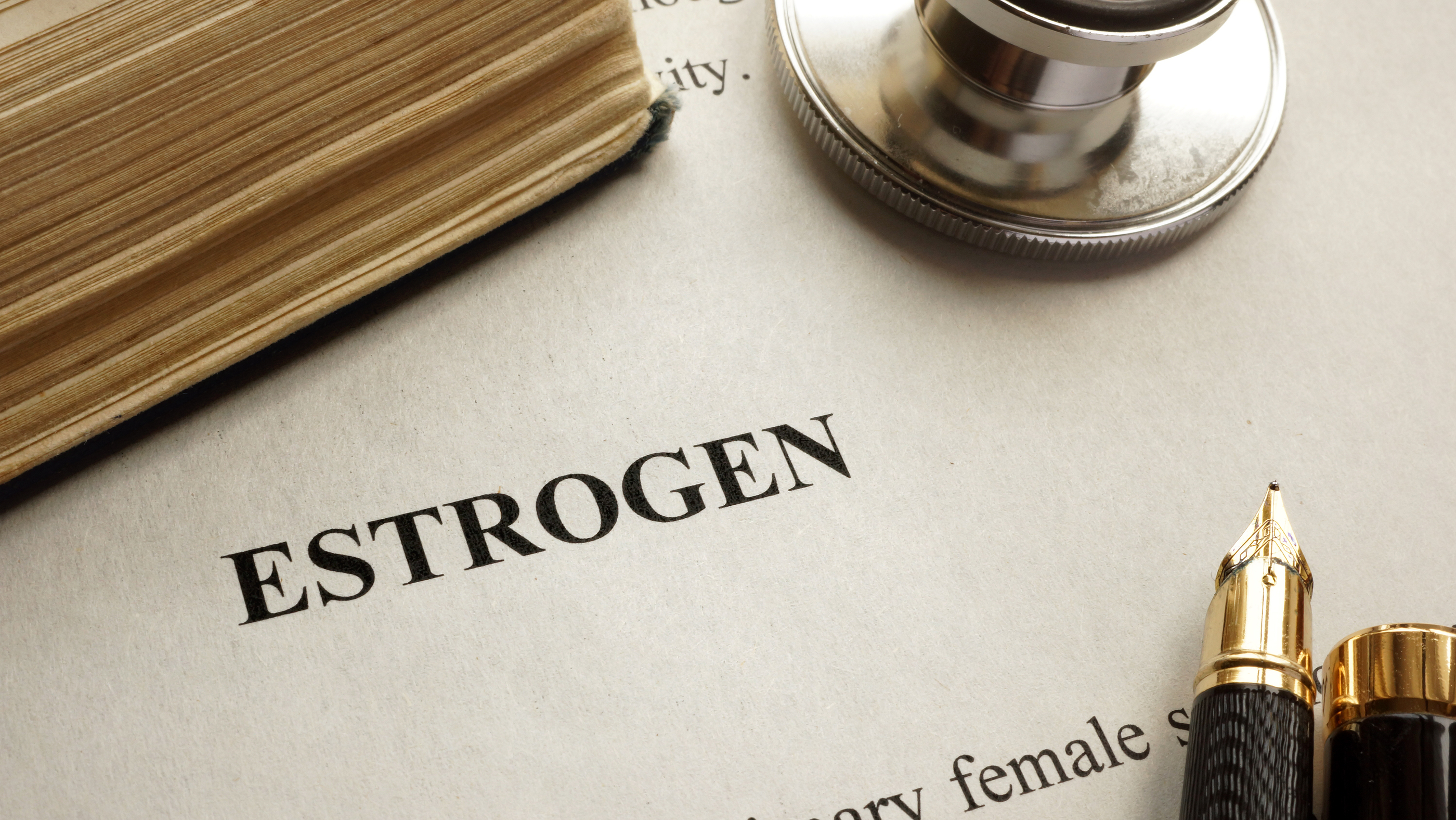Estrogen: More than Just the Sex Hormone

If you are a woman entering or in menopause, you no doubt have been dealing with changing levels of the estrogens in your body. Well, welcome to what my patients, staff, and I affectionately call “The Best Me Club.”
Entry into “The Best Me Club” means that yes, you are entering or in a stage of life in which dramatic changes are occurring in your body. Those changes are taking place in large part because of hormonal imbalances. And one of the hormones most-known for causing menopausal symptoms—hot flashes, night sweats, anxiety, weight gain, and more—is estrogen.
Estrogen is a hormone produced naturally in your body that is key to sexual development and other functions. In fact, estrogen has over 400 different functions in the body including: regulating body temperature, improving metabolic rate, improving muscle tone, enhancing sleep, maintaining bone density, decreasing the risk of certain cancers, and boosting mood and concentration.
For instance, estrogen can reduce the risk of heart disease by up to 50 percent because it maintains the elasticity of arteries, dilates small arteries, keeps platelets in the blood from sticking, decreases plaque accumulation on arteries, and raise good cholesterol (HDL) by up to 15 percent while lowering lipoproteins, which transport fat molecules in the blood.
In the brain, estrogen boosts the neurons that affect long-term memory by 30 percent. Estrogen also decreases the risk of Alzheimer’s by up to 40 percent; the longer you are on estrogen, the lower your risk of developing Alzheimer’s. Estrogen also influences production of the feel-good hormone serotonin and enhances the hormone dopamine’s ability to aid in motor function. By increasing levels of the neurotransmitter gamma-aminobutyric acid (GABA) in your brain and nervous system, estrogen aids in both sleep quality and quantity.
Estrogen also aids in physical appearance by helping to maintain collagen and increasing the water content of skin. Women with balanced levels of estrogen tend to have glowing skin, fewer wrinkles, and better skin tone.
Estrogen continues to be made naturally by your own body, in your ovaries, while you’re still experiencing a menstrual cycle. When your ovaries stop producing eggs, which occurs naturally with age or if you undergo surgical removal of your ovaries as part of a hysterectomy, then estrogen production begins to decline. Once you enter menopause, the majority of estrogen in your body is made in your adrenal gland and in your fat cells.
Estrogen can have such a significant impact on your body because of your hormone receptors. Hormone receptors are special molecules in and on the surface of your body’s cells that bind to specific hormones. When a hormone in the bloodstream “fits” a receptor site designed just for that type of hormone, then the cell housing the receptor is instructed to take some sort of action.
Women have estrogen receptors in just about every organ: the brain, eyes, heart, gut, breasts, muscles, bone, bladder, intestines, uterus, vagina, lungs, and blood vessels. So you can imagine how an imbalance of estrogen can wreak havoc on a woman’s body.
I also find that using bioidentical estrogen is a better compound to use in hormone replacement therapy. Bioidentical hormones are formulated to be molecularly identical to the hormones your body already produces, so they bind better to your body’s receptors and function in the same way as your own hormones. Synthetic hormones, on the other hand, don’t willingly bind to your cells.
For instance, one of the most common estrogen medications in use for the last few decades is Premarin, which is made up of horse urine. How many receptors in your body do you think are designed to bind with horse estrogen? None. Put another way: If you were to need a blood transfusion, how well do you think horse blood would work?
Learn more about the proven therapies that can help you feel great again by visiting my website. Be sure to take my Signature Hormone Diagnostic Assessment!
